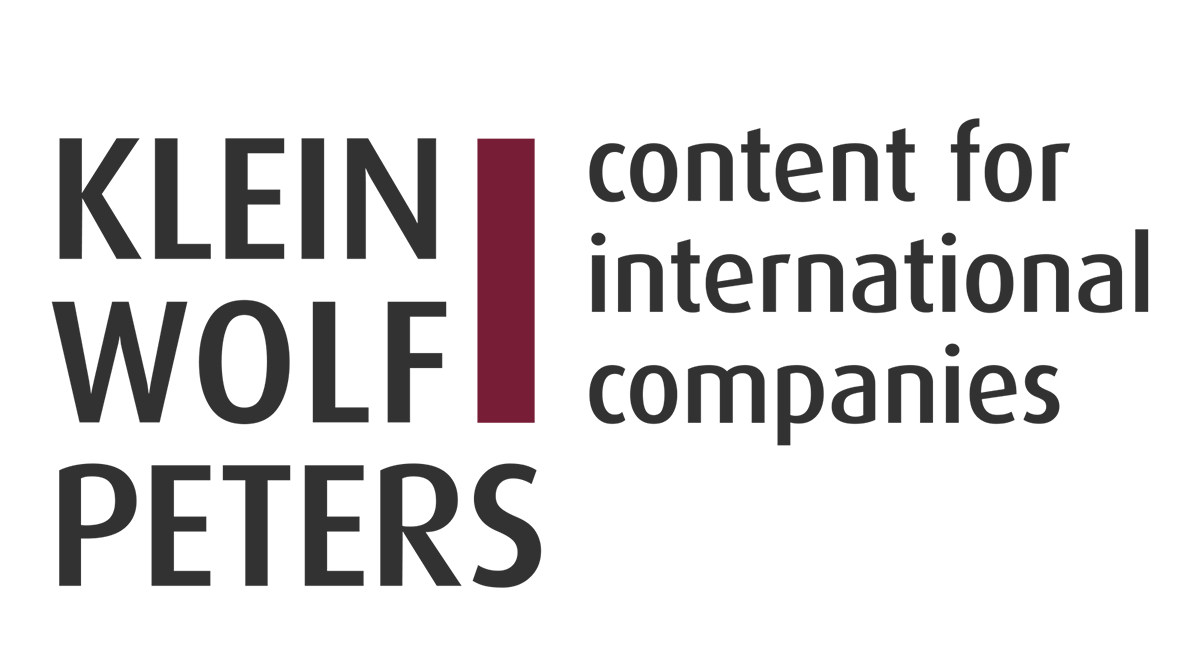
Tales of Language Service Past
By Kristin Fehlauer
Gather ’round, kids, and let Auntie Kristin tell you what language work used to be like. Back in the day, just before my strange and wondrous professional journey began, I had no personal computer and would go to the library every few days to wait my turn for a few minutes of free internet access. Thank Jerome¹, that wasn’t as far back as the dark days before the internet. I’ve had coworkers who started their careers back then and I simply cannot fathom how they managed.
I decided to embark upon a career in translation and editing back in 2003. A few applications and one deferment later, I started a two-year master’s program at what was then the Monterey Institute of International Studies in California. I was now equipped with my own laptop, which was about twice as thick as my current one and still had a disk drive, and wireless internet was becoming more of an expectation.
I laugh now to think of how we were given a whole week to do our assignments, each of which was about two standard pages—under 500 words! Our teachers would email us the text as a Word document, which we would copy and then start overwriting with the translation. I can recall using actual physical dictionaries to look up unfamiliar words. The finished product would be emailed back to the teacher, who would print it out and mark it with the inevitable red pen.
I had only one class on computer-assisted translation, in my second year, and quite frankly I don’t remember a single thing from it. I probably doubted it would be all that helpful; I had done an internship with a German company over the intervening summer and they didn’t use any such tools. Why spend time learning a particular application when a new job might require a completely different one—or none at all?

My first job out in the real world started in July 2007 at a German company, and was similar to the classes I’d had. Our translations would be printed out along with the German original and then the reviewer would place the piles of paper side by side and go through each line, making sure every scrap of content was present, accounted for, and correct. Changes, suggestions, comments all done by hand in pen.
If the text was very short, we might just look at the two documents on the computer screen, but more often than not we would print them out. At some point I began to fret over the reams of paper we were going through, so I tried to reuse the other side whenever possible. More than once, though, I loaded the paper in the printer incorrectly and then faced my colleagues’ wrath when the printer spewed out a page with two different texts on one side. Funny to think about that now—I can’t remember the last time I printed out something for work!
By this time, Facebook was already huge, and I spent a goodly chunk of my free time scrolling through my feed of family, current friends, and names from my distant childhood. But I wasn’t really involved in any other kind of social media. Google was of course immensely useful, particularly for image searches (very helpful when you don’t know what a specific thing is called) and for determining how common certain wording is in the target language.
By the time I moved to another company in 2014, the review process had moved online: I now tracked changes in Microsoft Word and could accept or reject changes as I saw fit. No more red pens, no more wasteful printing. We also had the luxury of an in-house tool that helped us in identifying and finding duplicate sections of recycled text.
At this point I also started venturing into LinkedIn and Twitter. The former proved very helpful in connecting with colleagues, especially freelancers for peak workloads, and the latter for identifying trending topics and wording, or as a starting point for research. Also, we were increasingly being asked by customers to translate or write posts for such social media channels.

Today, LinkedIn has become much more of a kind of Facebook for companies. It’s no longer primarily for job seekers looking to network; there’s now a huge presence of companies positioning their content and issues. Good news for us, as we’re often asked to create or proof that content!
Back in the day, Twitter was incredible for finding out about professional groups and conferences, topics in the translation and interpretation industry, and (re)discovering the fun and silly side of language. Unfortunately, its future is no longer assured, and no one platform has emerged as a clear destination for those jumping the X ship.
I still find Facebook useful for what I call “polling the masses” (“masses” is generous—I don’t have that many friends!). It gives me access to native speakers of American English who aren’t familiar with German, and so haven’t been influenced by it. For example, German uses the definite article for “Oktoberfest,” and I know many English speakers who live in Germany who have adopted that practice: “Are you going to the Oktoberfest?” But I maintain that native speakers with no German skills would treat it as a proper name, like Lollapalooza or Burning Man; in other words, simply “Are you going to Oktoberfest?” (The few who answered my poll confirmed my conjecture.)
My Google use has changed a lot, too. In a way, the search engine has gotten a little too good; it gives me hits based on my location in Germany, which is not particularly helpful when searching for how common an English phrase is. And its immense popularity has drawn sponsors in droves, which can skew results. We have workarounds for these things, of course, but when I began my studies, I little imagined I would need to be pitting my wits against the algorithms of a global giant.
And I haven’t even begun to scratch the surface regarding machine translation. Some of those tools are now such an integral part of my work that doing without them makes me feel like a trapeze artist without a net!
Taking a look back like this is an important reminder of how poorly we can see into the future. My day-to-day work looks quite a bit different than it did when I was just starting out 16 years ago. Can anyone say what it will look like in another 16?
¹ The patron saint of translators


